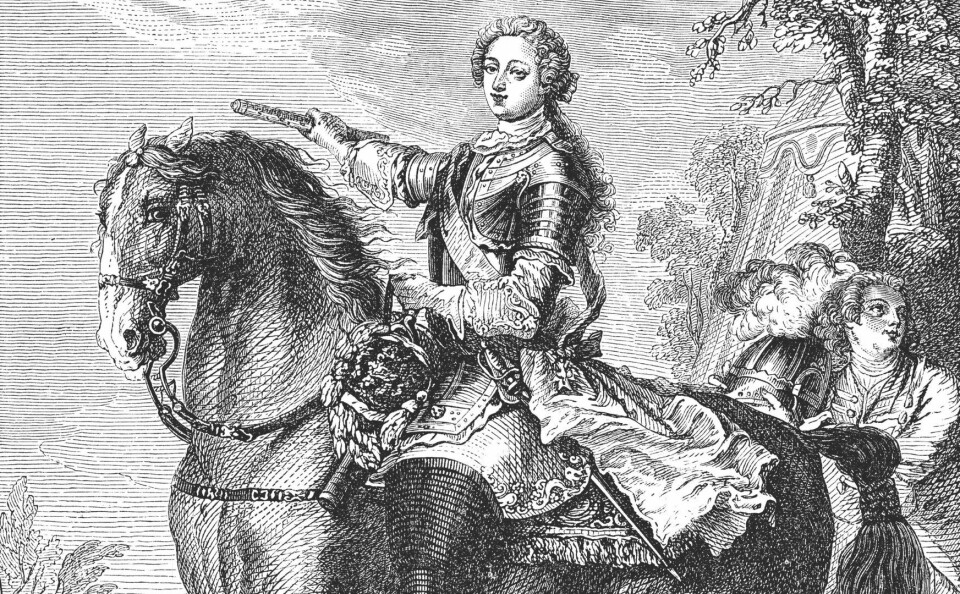-
Learning French: Have you ever dreamt in your target language?
From passive listening to active speaking, dreaming in French can indicate you are regularly practicing it
-
Learning French: what does fastoche mean and when should it be used?
Plus, can you guess the meaning behind more simple slang terms ending in -oche
-
Photos: 94 chateaux open their doors to visitors in Dordogne
The fifth Chateaux en Fête festival offers a chance to look around many impressive properties that are usually private
Five historical French quotes (or mis-quotes) and their origins
From Marie-Antoinette to Emile Zola, English speakers love to quote French figures from history, but have we been getting them wrong all these years?

In any country everyone knows certain phrases supposedly spoken by historical personalities.
Many of them are mis-attributions or simply inventions but they are still brought up in conversation when the occasion demands.
The great thing about quotes that flee from the facts is that you can adapt them as it suits you.
1 ‘I’ll be home in three days. Don’t wash’
“Ne te le lave pas, dans trois jours j’arrive,” Napoléon supposedly wrote to Josephine.
There are many versions of it in both English and French. You can add the number of days you want.
It is almost certainly a modern invention, as is its opposite, “Not tonight, Josephine,” which almost certainly appeared first in English before being translated into French.
2 ‘Let them eat cake’
“Qu’ils mangent de la brioche” is always attributed to Marie Antoinette, wife of Louis XVI and the last Queen before the Revolution.
She was supposed to be referring to the starving people who were complaining about the high price of bread and the quote was intended to prove that she was an unfeeling, out-of-touch snob.
It was part of a misogynist and xenophobic (she was Austrian) campaign to vilify her.
Actually the quote is from a book, Confessions, by Jean-Jacques Rousseau who died before the Revolution.
It refers to his early life, and he attributes the words to an unnamed “great princess”.
3 ‘J’accuse’
(No one ever says it in English because you only have to change one letter and it doesn’t have the same ring to it.)
There is no doubt about the authenticity of this quotation because it is the headline on the front page of L’Aurore newspaper 13 January 1898.
It is the title of an open letter to the president of the republic written by the novelist Emile Zola in which he denounces the injustices and hypocrisies of the Dreyfus Affair.
It was an audacious piece of journalism even at the time, and still an example of great campaigning.
4 ‘Après moi, le déluge.’
(After me, the flood – although it is always quoted in French).
This is said to have been said by Louis XV to his mistress Madame de Pompadour c.1757 with the meaning, “what can I do about the future and what do I care?” it is held to presage the French Revolution.
Marx cited it as an example of the selfishness of the ruling classes.
5 ‘La Perfide Albion’
(Perfidious Albion)
The mistrustful love-hate relationship between France and Britain/England (once known as Albion) is summed up in this phrase which dates at least to the 17th century.
It became popular in the 19th century when a comic book published the immortal line “La Perfide Albion qui a brûlé Jeanne d’Arc sur le rocher de Sainte-Hélène" (Perfidious Albion, which burnt Joan of Arc on the rock of Saint Helena).
If you don’t know what is wrong with this sentence you need to go back to school.
Related articles
The history and uses of the fun French phrase ‘à gogo’
Five facts to help learn which French words are masculine or feminine
Un vieux routier and other French ‘old’ expressions
























